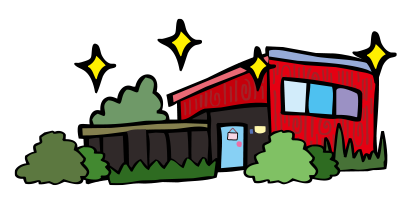The pyramid shows the structure of economy. The bottom layer is “natural capital,” which refers to forests and coral reefs, continuing to provide us with benefits into the future. It also shows that natural capital is the basis of our economic activity because everything people produce is made from material obtained from nature and also waste from human activity is absorbed and neutralized by nature. However, our current economy has exceeded the limits of nature and continues expanding. Prof. Daly is worried about this.
“Well-being” is placed at the top of the pyramid because the purpose of economic activities is to attain happiness. You may think that this goes without saying, but some economists and general public get it wrong to think that producing more things and providing more services are the goals of economic activity.
Herman Daly’s Pyramid shows his message, suggesting that “proper economic activity is to produce happiness without overly consuming limited natural resources.”
Herman Daly’s Three Rules
- (1) The sustainable use of renewable resources requires that consumption not be greater than the rate at which resources regenerate.
- (2) The sustainable use of nonrenewable resources requires that the rate of consumption not be greater than the pace at which renewable substitutes can be put into place.
- (3) The sustainable pace of pollution and waste requires that production not be greater than the pace at which natural systems can absorb, recycle, or neutralize them.








